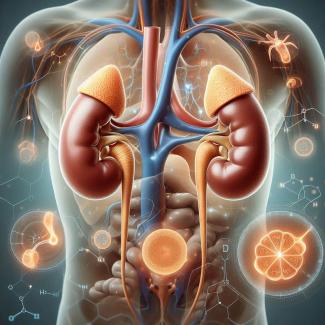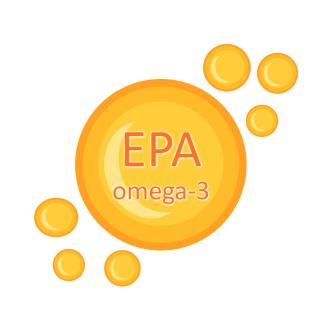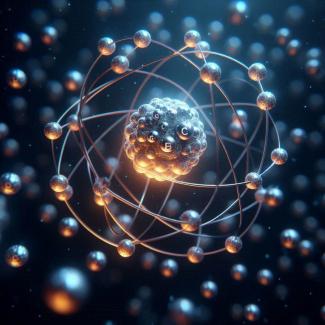
The adrenal glands, also known as suprarenal glands, are a pair of small, triangular-shaped endocrine glands located on top of each kidney. These glands play a crucial role in regulating various physiological processes in the body by producing and releasing several hormones. The adrenal glands are divided into two main regions, each responsible for producing specific hormones:
- Adrenal Cortex: This is the outer layer of the adrenal gland, and it produces steroid hormones. The primary hormones produced by the adrenal cortex include:
- Cortisol: This hormone, also known as the "stress hormone," helps regulate metabolism, immune responses, and the body's response to stress. It plays a role in maintaining blood sugar levels, controlling inflammation, and influencing the sleep-wake cycle.
- Aldosterone: Aldosterone is responsible for regulating the balance of electrolytes (sodium and potassium) and water in the body. It helps control blood pressure by influencing the reabsorption of sodium and excretion of potassium in the kidneys.
- Adrenal Medulla: The adrenal medulla is the inner part of the adrenal gland, and it produces catecholamines, which are responsible for the body's "fight or flight" response. The primary catecholamines produced by the adrenal medulla are:
- Adrenaline (Epinephrine): Adrenaline is released in response to stress or perceived threats. It increases heart rate, dilates airways, redirects blood flow to muscles, and prepares the body for immediate action.
- Noradrenaline (Norepinephrine): Noradrenaline works alongside adrenaline to prepare the body for a rapid response to stress. It increases blood pressure and helps maintain alertness and focus.
The hormones produced by the adrenal glands are essential for maintaining homeostasis (internal balance) in the body. They influence various systems, including the immune system, cardiovascular system, metabolism, and stress responses. Dysfunction of the adrenal glands can lead to various health problems, such as Addison's disease (adrenal insufficiency) or Cushing's syndrome (excess cortisol production).
The adrenal glands are regulated by the hypothalamus-pituitary-adrenal (HPA) axis. The hypothalamus in the brain releases corticotropin-releasing hormone (CRH), which signals the pituitary gland to release adrenocorticotropic hormone (ACTH). ACTH then stimulates the adrenal cortex to produce cortisol. This axis plays a central role in responding to stress and maintaining hormonal balance in the body.






